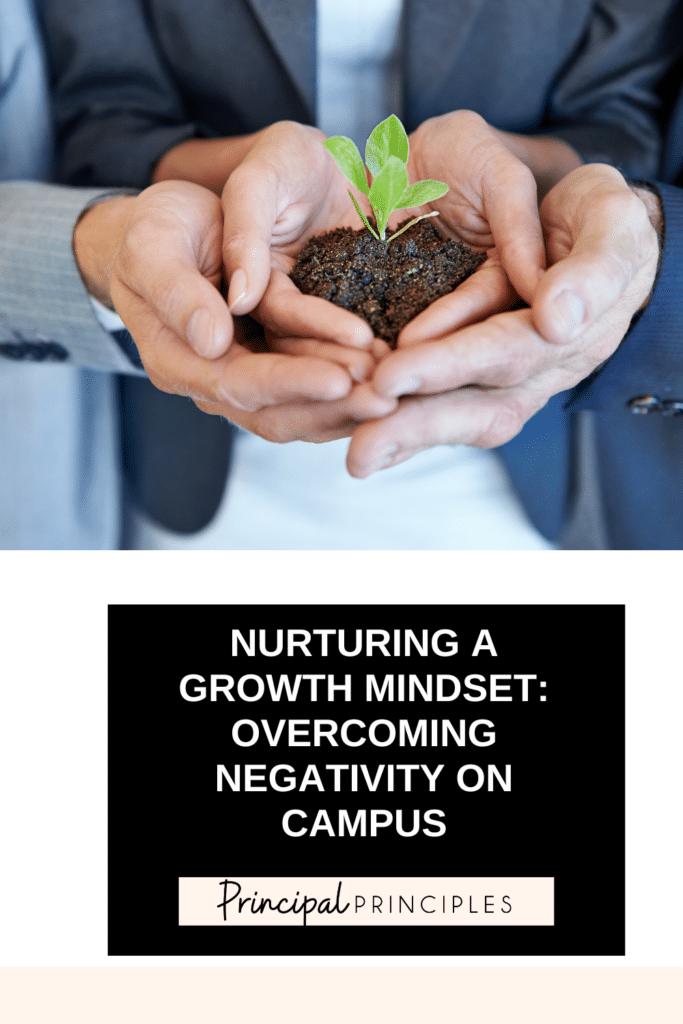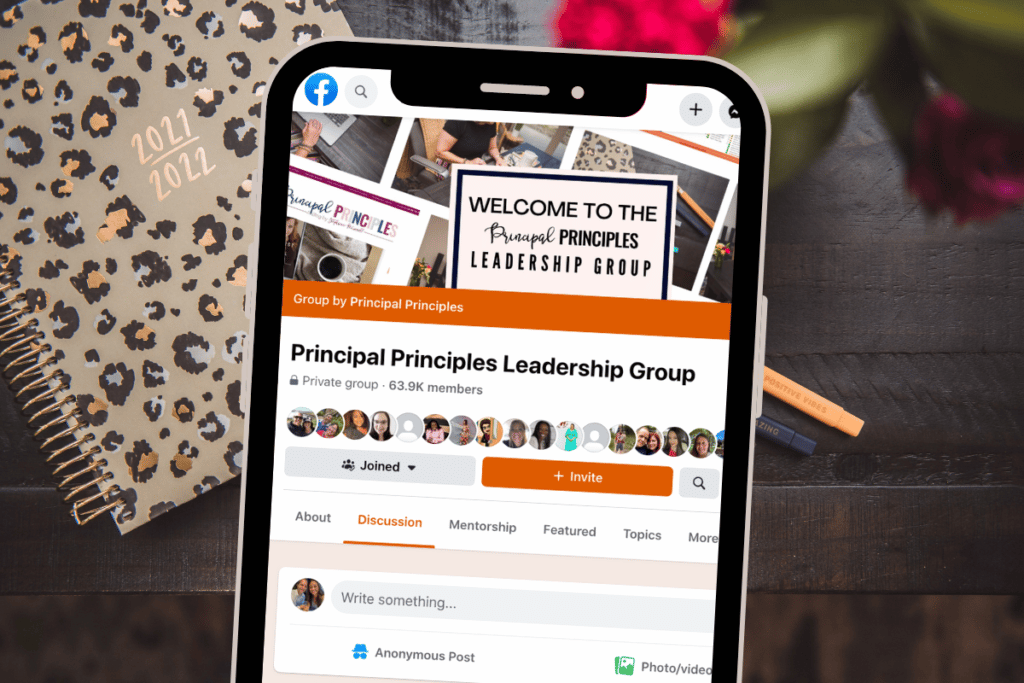

Ever wonder if you or someone on your campus might be unintentionally holding back growth?
In education, the idea of a growth mindset has become a key player, encouraging students to believe in their potential to learn and develop over time. However, let’s take a moment to reflect: Have you ever encountered educators who, perhaps unknowingly, contribute to a fixed mindset? Those who might point fingers at students for their struggles, unintentionally reinforcing that success is a rigid trait rather than a growth journey?
On every campus, there are educators who, consciously or unconsciously, hold a fixed mindset—a belief that intelligence and abilities are fixed traits that cannot be changed. These educators may be quick to blame students for their struggles, attributing difficulties to an inherent lack of skill or aptitude. This negative approach not only hinders the development of a growth mindset but also perpetuates a harmful cycle where students feel discouraged and disheartened by their perceived limitations.
Best thing we can do for kids…instead of teaching them to be successful…teach them how to respond when they are not successful.
Principal El
In classrooms where a fixed mindset prevails, students often internalize the negative messages from educators and start to believe that they simply “can’t” succeed. This defeatist attitude becomes a significant barrier to their academic and personal growth. The danger lies not only in the immediate impact on grades but also in the long-term consequences for their self-esteem and motivation.
In the age of instant information and immediate rewards, students are growing up in a culture that values quick outcomes. This can contribute to a mindset where students are less willing to put in the sustained effort required for true mastery of a subject. Challenges are viewed as obstacles rather than opportunities for growth, and the desire for instant gratification overrides the patience needed for genuine learning.
Creating a culture of growth mindset on campus requires a collective effort from educators, students, and administrators. By addressing and overcoming negativity among educators, we can pave the way for a more optimistic and resilient student body. As we empower students to embrace challenges, persist through difficulties, and understand the value of continuous learning, we can foster a generation that not only achieves academic success but also approaches life with a mindset geared for growth and fulfillment.

I’m Stephanie, and I’m the face behind Principal Principles. I’m a former principal turned educational consultant, presenter, and edupreneur. I’m obsessed with giving school leaders the tools they need to lead a successful school.

Hello friend! Welcome to Principal Principles. I’m Stephanie, and I’m the face behind Principal Principles. I’m a former principal turned educational consultant, presenter, and edupreneur. I’m obsessed with giving school leaders the tools they need to lead a successful school.

Join over 63,000 leaders in our Facebook group! Principal Principles Leadership is a professional learning network for future and current school leaders. We share ideas and resources every day!
A description of what the benefit is of joining your list. Updates, sale notifications, resources?

